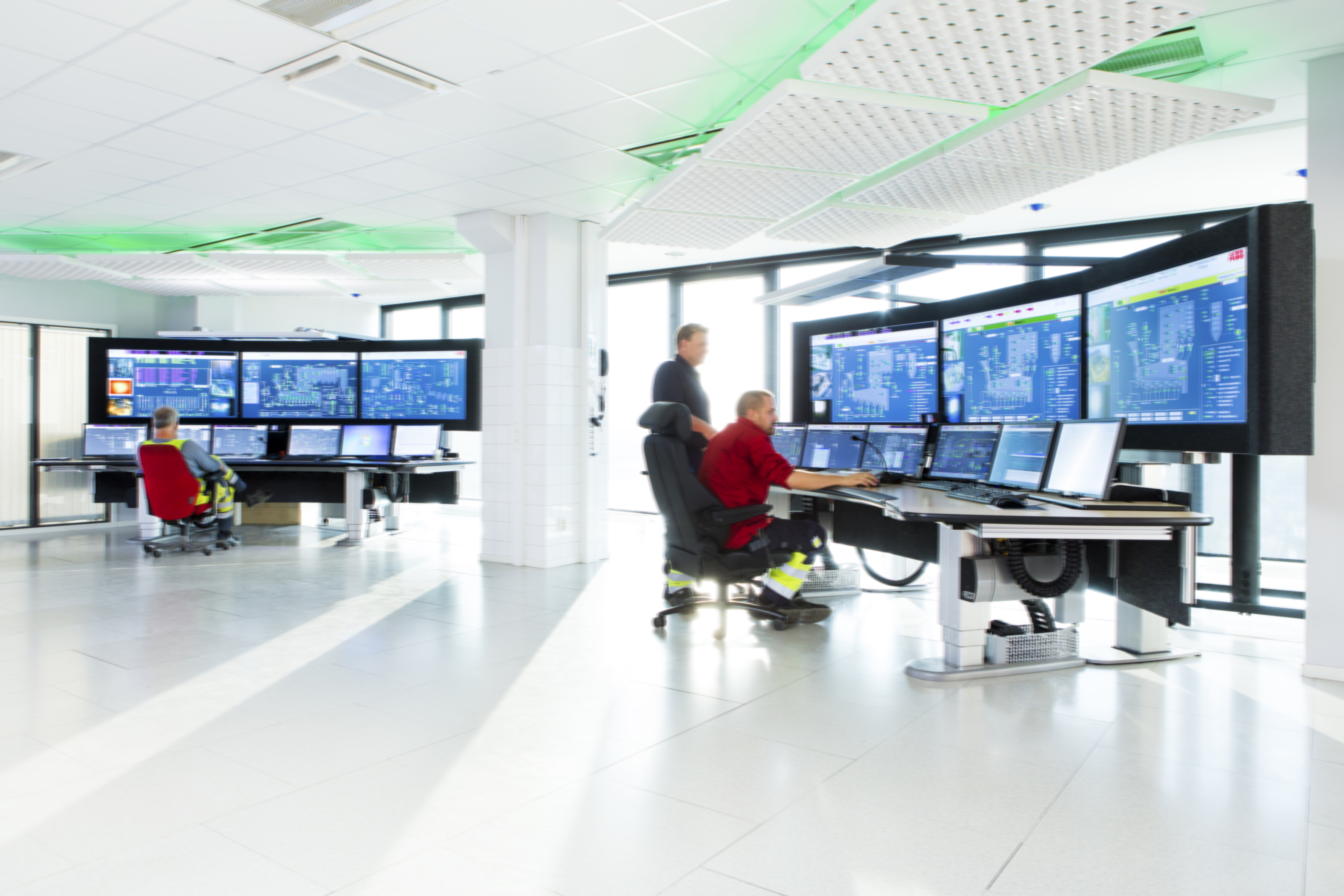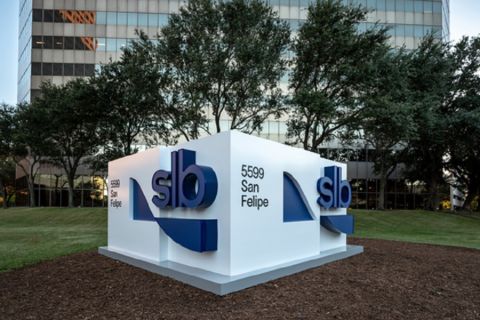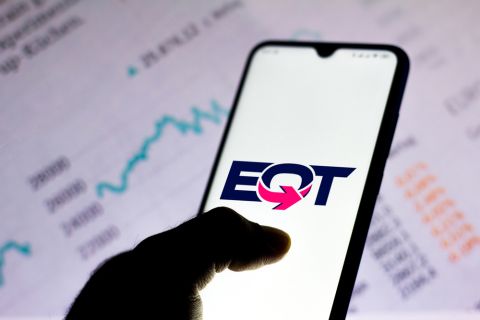
Machine learning and robotics will assist operators in their search for the optimal maintenance plans for unmanned or remote facilities. (Source: James Jones, Jr./Shutterstock.com)
As energy operators embrace the autonomous facility of the future, maintenance is a necessary requirement as operators continue to refine and improve their processes on a journey toward autonomy. One of the primary reasons for a physical presence in offshore and remote facilities is maintenance intervention.
For offshore operators, reducing personnel onboard by one can justify an investment of about $1 million. Reducing the number of human operators also enhances plant safety by lowering the risk of onsite accidents. Artificial intelligence algorithms and digital solutions tailored for industrial equipment and systems can identify the reasons for equipment failure, initiate preset maintenance protocols and even order the parts and tools required without the need for any human involvement. This allows highly skilled personnel to focus on specialized and value-added support from remote locations and greatly reduces opex.
As an example, ABB has supported an international energy company in modernizing and transforming its approach to integrated control and safety systems (ICSS) and other field services with remote monitoring and operations room in a key strategic region. This transition to remote operations is anticipated to reduce costs by an estimated $25 million per year, with the company’s ServicePort improving reliability, process performance and system security. Stakeholder engagement and communication will be enhanced, and importantly, safety will be improved with fewer people in hazardous environments offshore. As added strategic benefits, risks and costs will be mitigated, with extended platform support minimizing downtime and digital analysis supporting optimal asset performance.
Predictive maintenance
Oil and gas operators must reevaluate their maintenance strategies to cater to unmanned and remote facilities. Maintenance is key for the facility of the future, with conventional reactive and time-based maintenance likely to be replaced by more effective condition-based monitoring. Planned and predictive maintenance backed by data on the actual condition of equipment and systems reduces unnecessary expenditure on nonessential maintenance. Machine learning and robotics also will assist operators in their search for the optimal maintenance plan, providing asset data to determine process failures.
Predictive analytics uses an advanced modeling process to learn the intricacies of how an asset operates under optimal conditions and then compares it with how the asset functions in real time. This is a proactive process that can determine and detect even the slightest deviation from the expected functioning of equipment. The software can identify problems with assets ahead of time and schedule maintenance, preventing interruptions to production, extending the life cycle of assets and reducing operational costs.
A digital twin gives a complete and operational virtual representation of an asset, subsystem or system, with realtime aspects as it is operated and maintained. Digital twin applications also can be used for equipment testing. The company’s Process Power Simulator, for example, enables operator training and electrical control system testing, using a replica of a plant’s electrical control system to create an accurate real-world environment. This can help companies not only with operator training but also in optimizing electrical consumption to lower costs as well as ensuring compliance with regulatory testing.
Enabling better maintenance
A range of cloud-based systems is available to energy customers that can collect extensive and detailed data from sensors and devices installed across assets at unmanned and remote facilities.
For example, the company’s security, monitoring and communications technologies were installed on the 1,850-km (1,150-mile) Trans Anatolian Natural Gas Pipeline. ABB provided systems to Phase 1 of the pipeline. The company’s System 800xA ICSS and integrated telecoms package is enabling pipeline operations across huge distances and from multiple locations.
Data gathered from instrumentation, switchgear, motors, drives and other smart sensors are aggregated, analyzed and converted into actionable information, giving customers valuable insights into the status of their operations. The System 800xA ICSS shares this information with customers through firewall-enabled connections that have dedicated servers, ensuring a safe transfer.
In 2018 the company installed the System 800xA ICSS at the Norwegian Continental Shelf’s deepest gas field, Aasta Hansteen, located in 1,300 m (4,265 ft) of water, about 300 km (186 miles) offshore. This integrated condition monitoring system is programmed to monitor more than 100,000 maintenance parameters from more than 4,000 pieces of equipment.
Gaining actionable insights
From a remotely located control room in Chinchilla, Queensland, ABB engineers have been helping Australian natural gas company QCG, now owned by Shell, to analyze data gathered from its onshore unmanned operations. More than 2,600 wells have been drilled to date with several thousand more to be brought online in the future. QGC is producing natural gas through process facilities that are monitored and controlled by the System 800xA through a central collaborative operations center. The operations include 24 field compression stations, six central processing plants, two water treatment plants and a two-train LNG export facility. The upstream facilities stretch across the Surat Basin, where the coalseam gas is gathered and transported along a 540-km (335-mile) underground pipeline to the LNG plant on Curtis Island near Gladstone.
ABB is providing comprehensive services including an onsite team to maintain its Extended Automation System 800xA ICSS. The contract also covers spare parts management for QCLNG’s upstream collection and transportation facility as well as for the midstream liquefaction and export facility. The project, located in Queensland, Australia, is the world’s first to convert gas from coal-seam into LNG. The automation system grows each day as more and more wells are brought into production and quickly and efficiently integrated into the overall solution.

Recommended Reading
SLB’s ChampionX Acquisition Key to Production Recovery Market
2024-04-19 - During a quarterly earnings call, SLB CEO Olivier Le Peuch highlighted the production recovery market as a key part of the company’s growth strategy.
PHX Minerals’ Borrowing Base Reaffirmed
2024-04-19 - PHX Minerals said the company’s credit facility was extended through Sept. 1, 2028.
BP Restructures, Reduces Executive Team to 10
2024-04-18 - BP said the organizational changes will reduce duplication and reporting line complexity.
Matador Resources Announces Quarterly Cash Dividend
2024-04-18 - Matador Resources’ dividend is payable on June 7 to shareholders of record by May 17.
EQT Declares Quarterly Dividend
2024-04-18 - EQT Corp.’s dividend is payable June 1 to shareholders of record by May 8.





